
Veronika Hilger
Perpetual Dawn
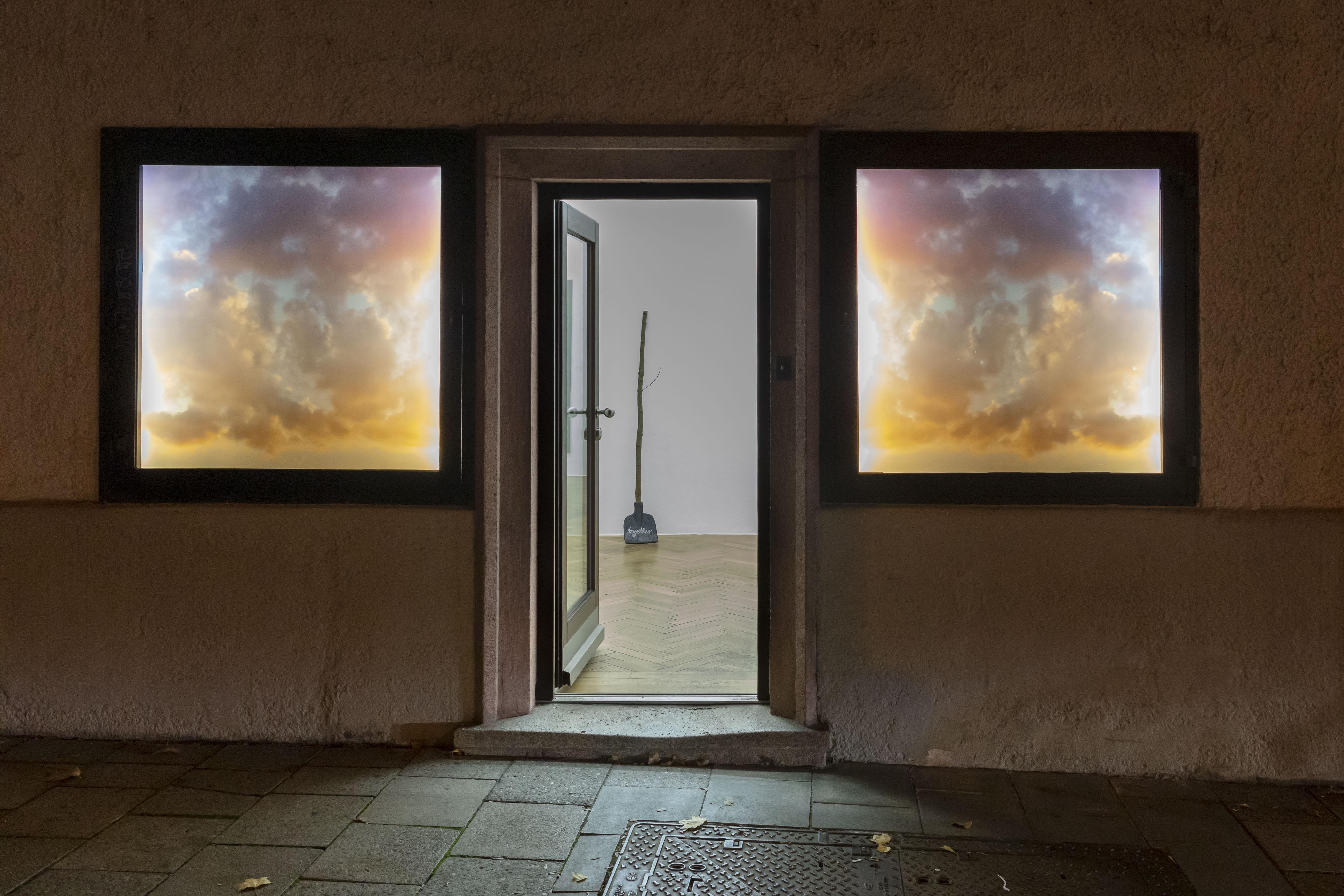
Veronika Hilger, Perpetual Dawn, 2023, installation view at Sperling, Munich
Advertisement
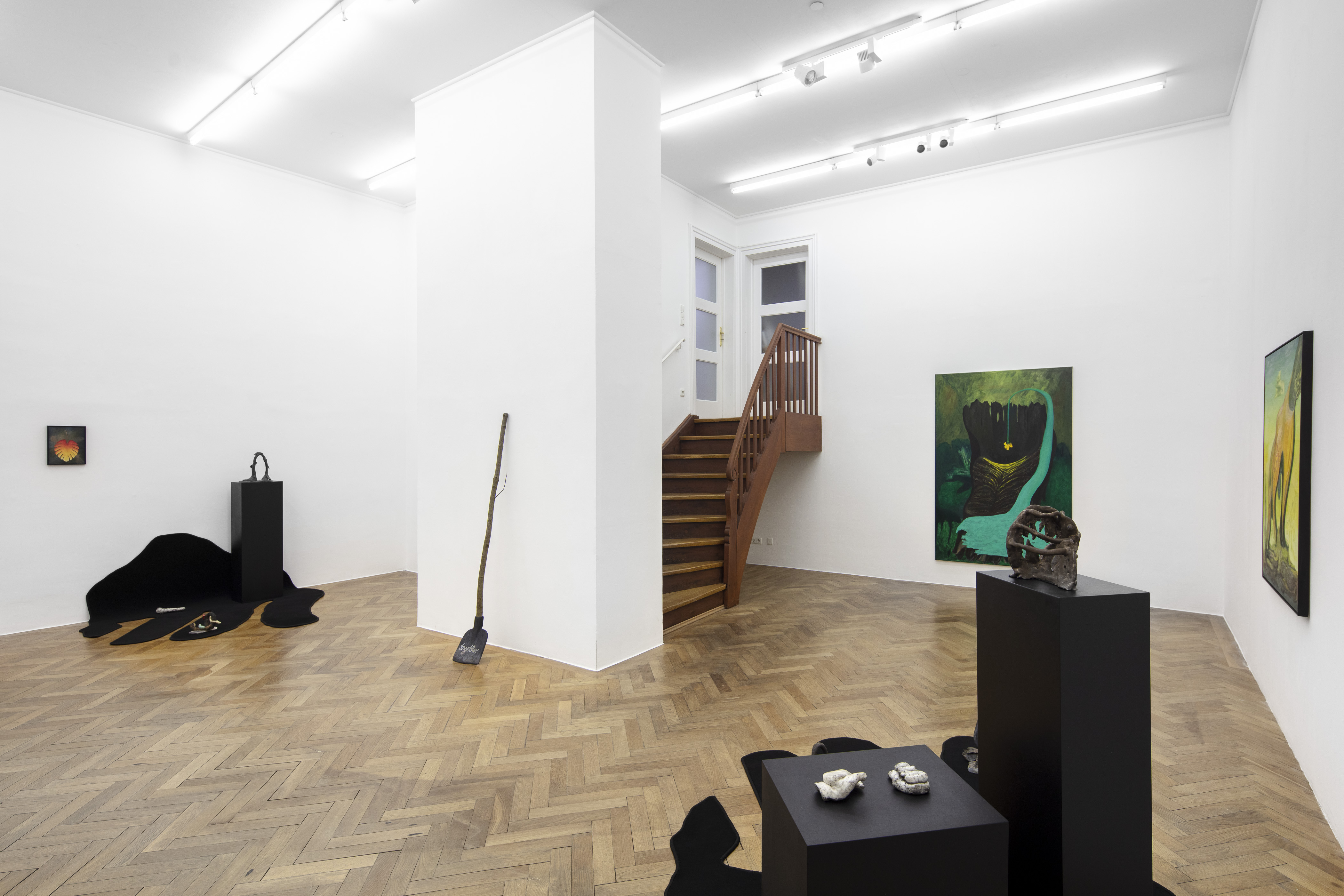
Veronika Hilger, Perpetual Dawn, 2023, installation view at Sperling, Munich
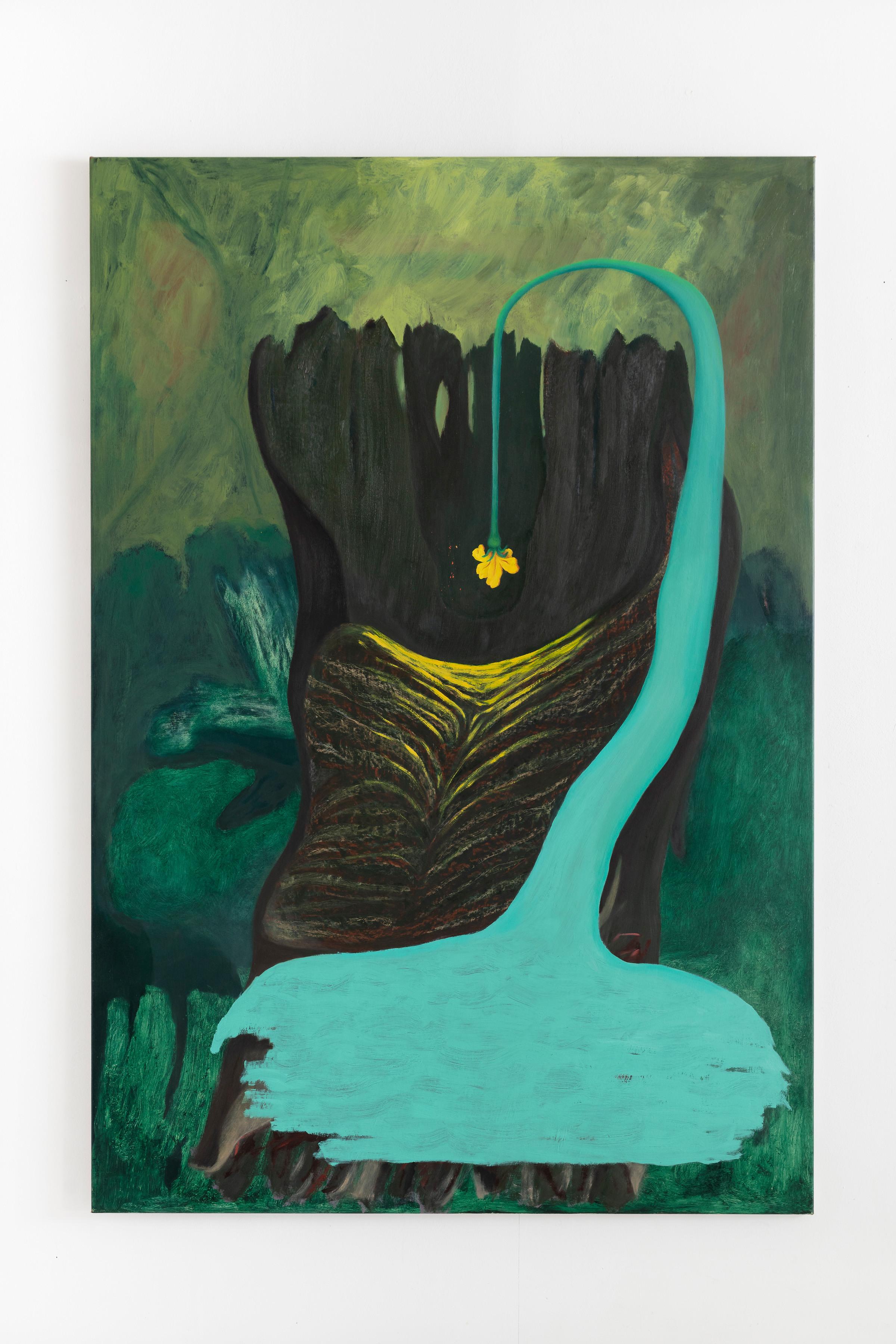
Veronika Hilger, Untitled, 2023, oil on canvas, 190 × 130 cm, VH/M 158
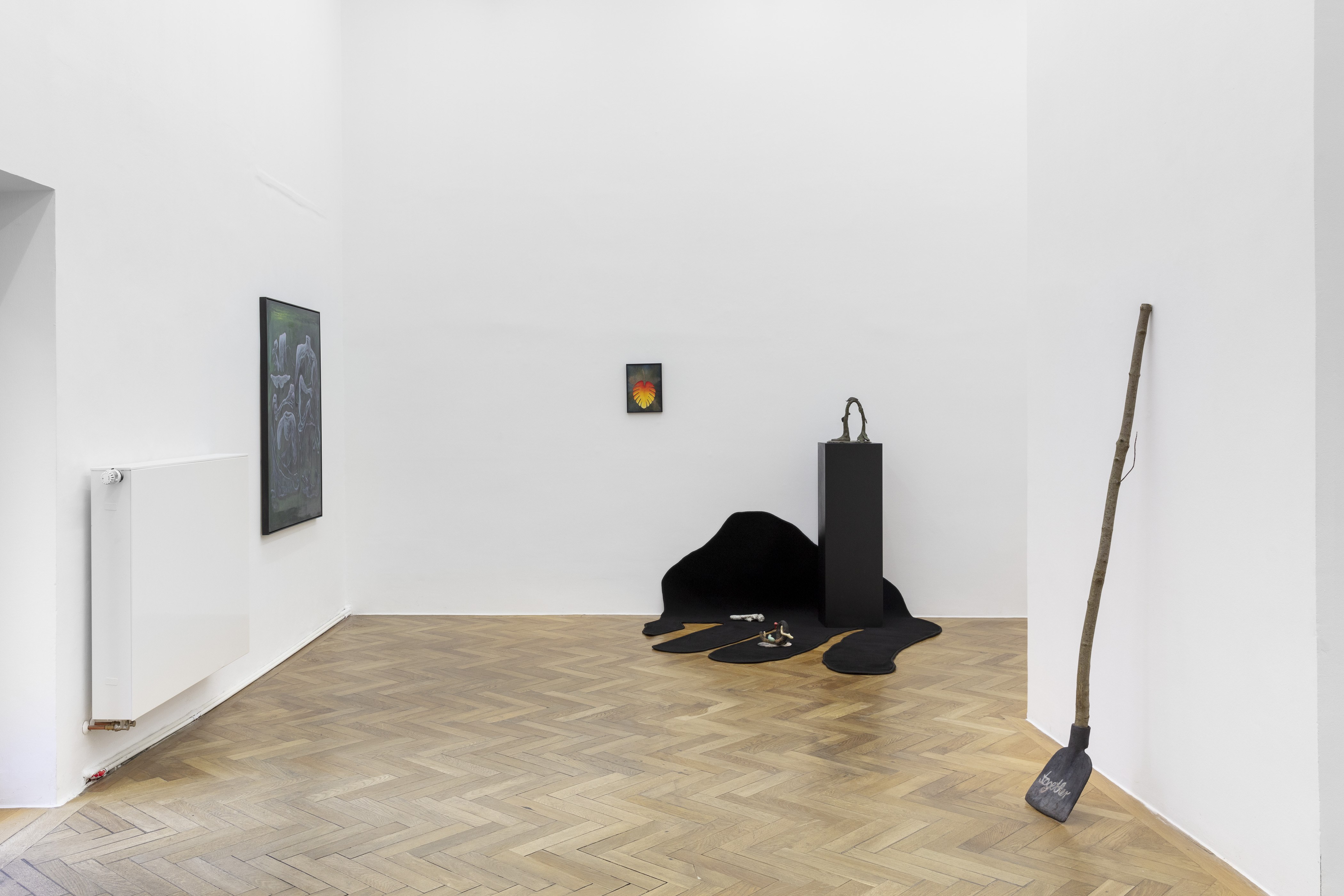
Veronika Hilger, Perpetual Dawn, 2023, installation view at Sperling, Munich
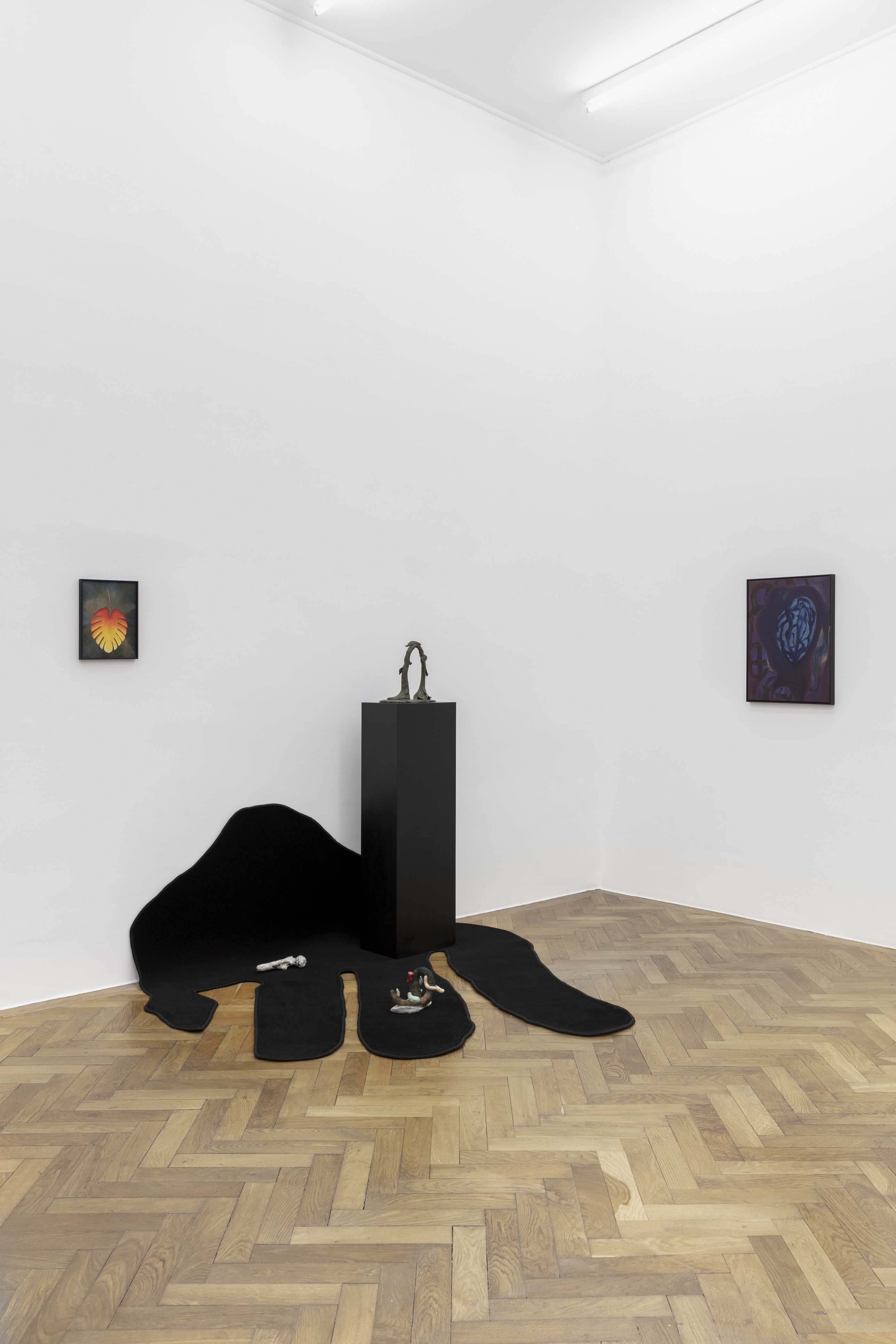
Veronika Hilger, Perpetual Dawn, 2023, installation view at Sperling, Munich
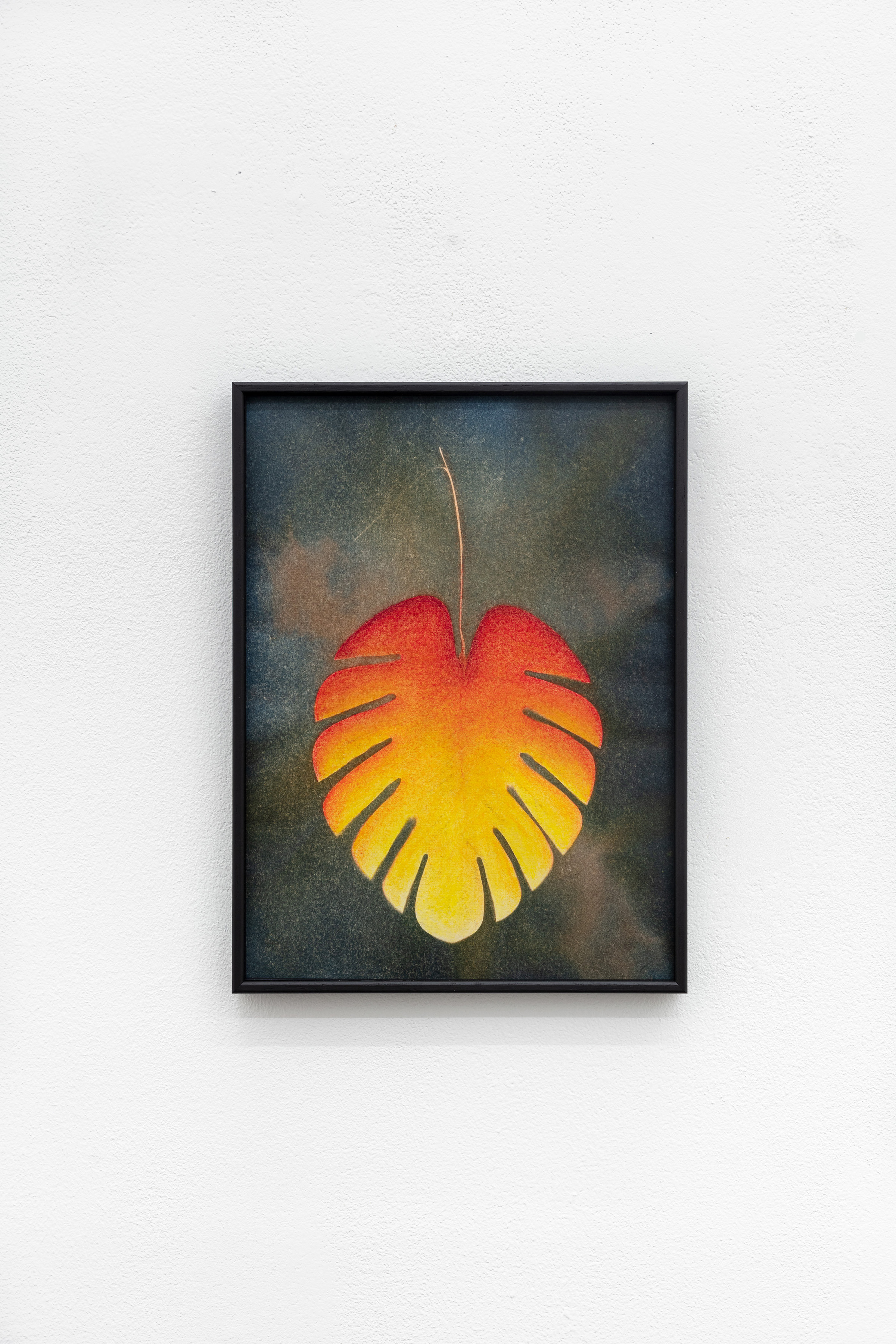
Veronika Hilger, Untitled, 2023, cyanotype, pastel chalk, 31 × 23 cm, VH/P 128
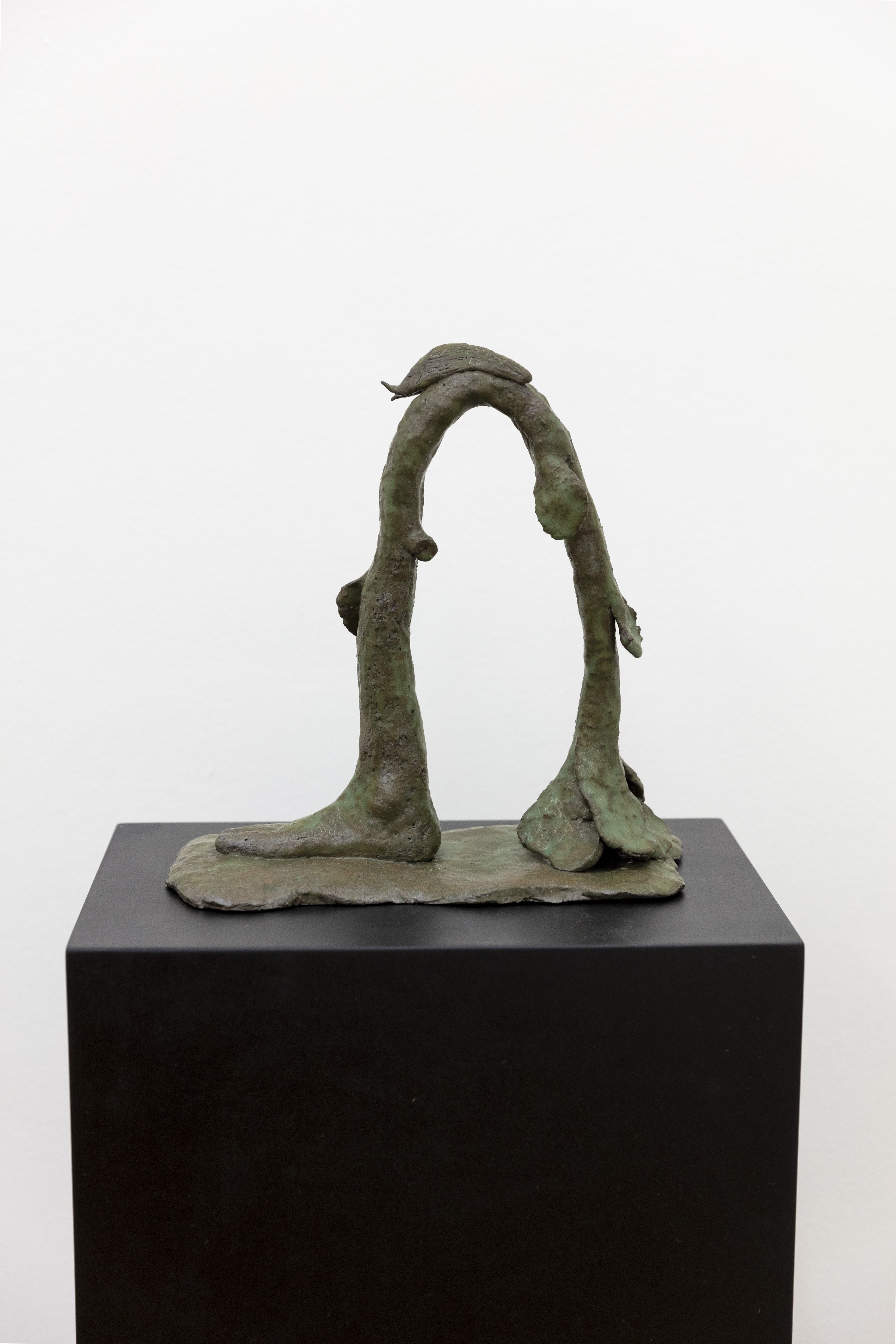
Veronika Hilger, Untitled, 2023, ceramic, glazed, 28 × 14 × 28 cm, VH/S 53

Veronika Hilger, Untitled, 2023, ceramic, glazed (raku), 4.5 × 21.5 × 8.3 cm, VH/S 58
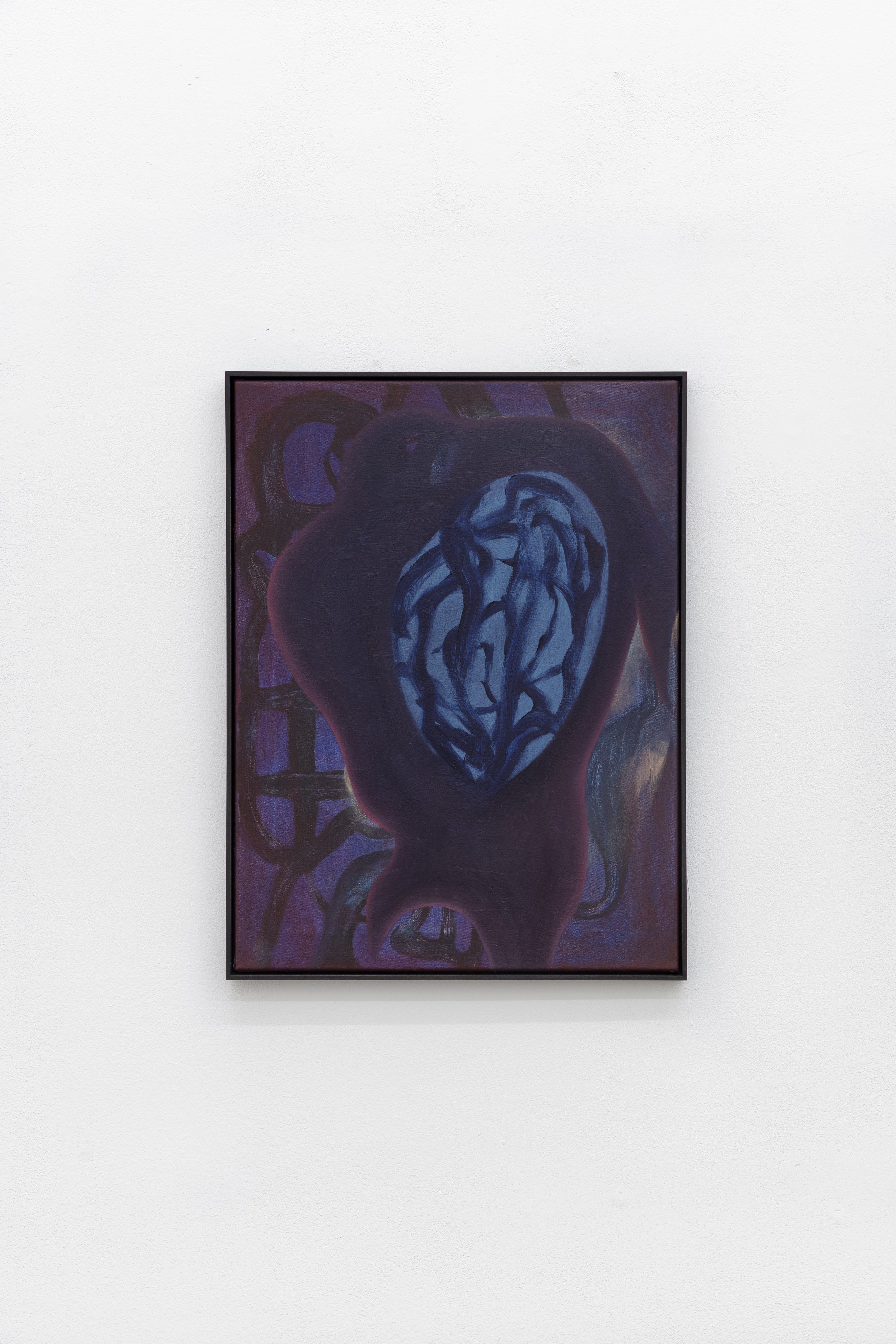
Veronika Hilger, Untitled, 2023, oil on canvas in wooden frame, 60 × 45 cm, VH/S 176
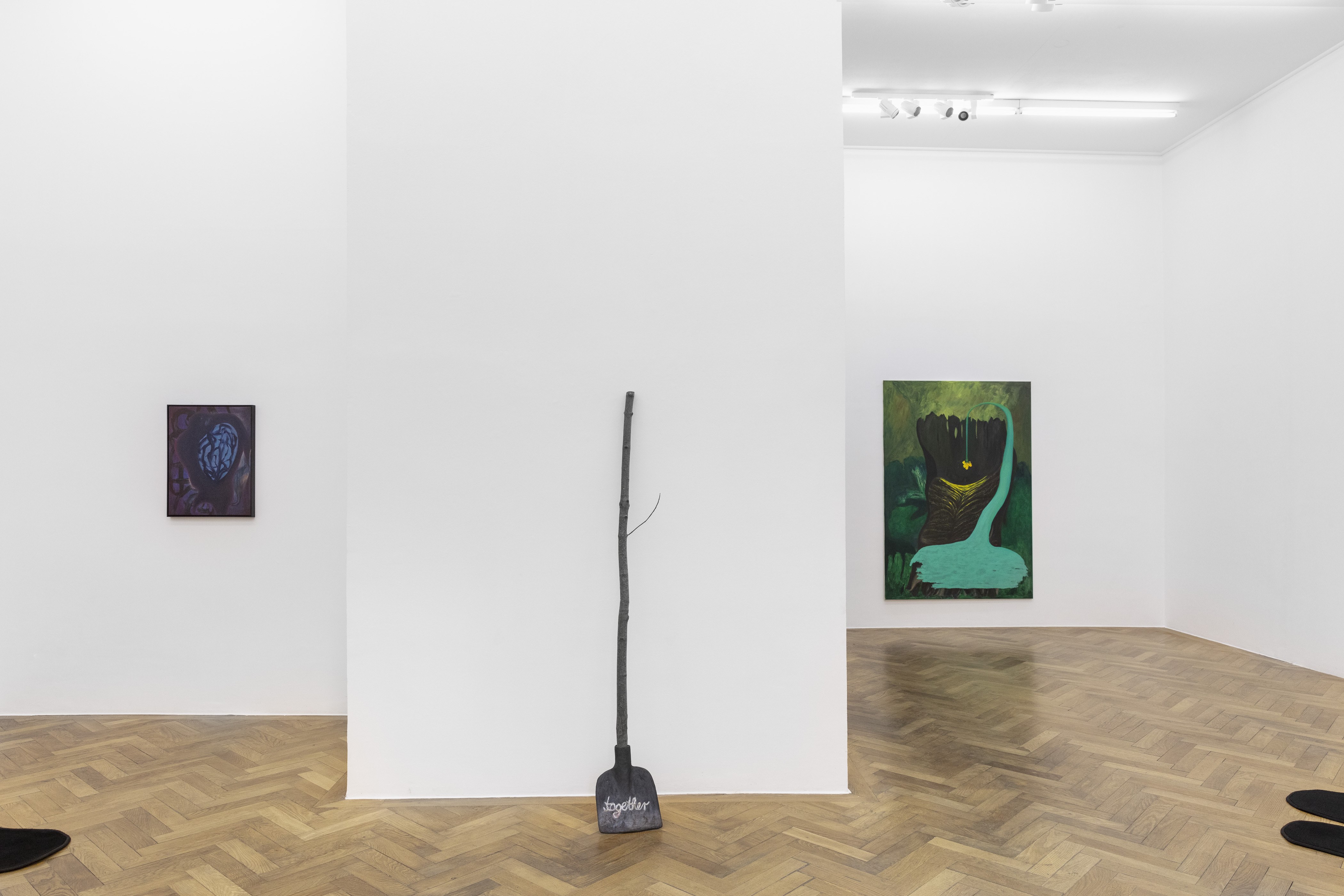
Veronika Hilger, Perpetual Dawn, 2023, installation view at Sperling, Munich
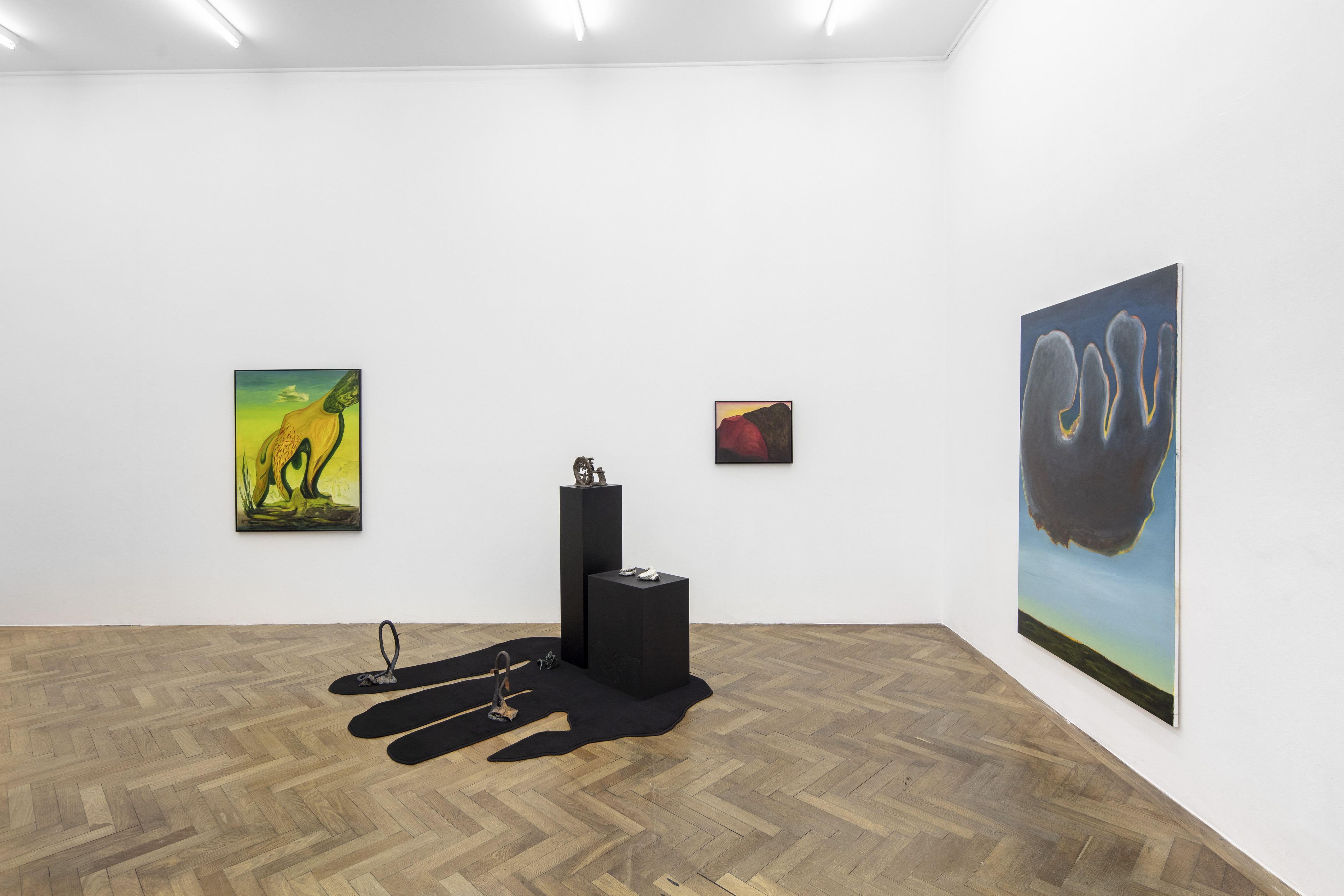
Veronika Hilger, Perpetual Dawn, 2023, installation view at Sperling, Munich
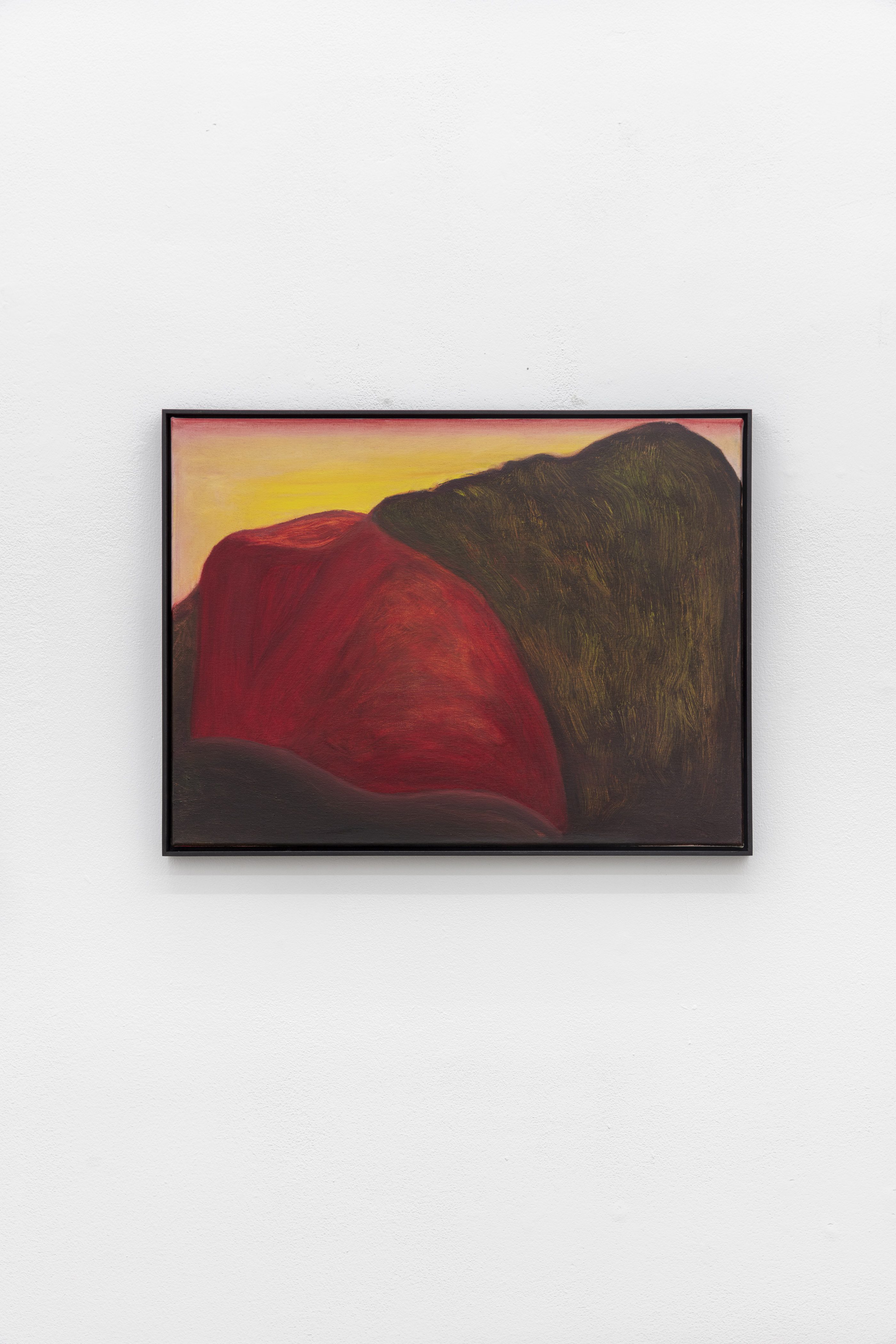
Veronika Hilger, Untitled, 2023, oil on canvas, in wooden frame, 45 × 60 cm, VH/M 177
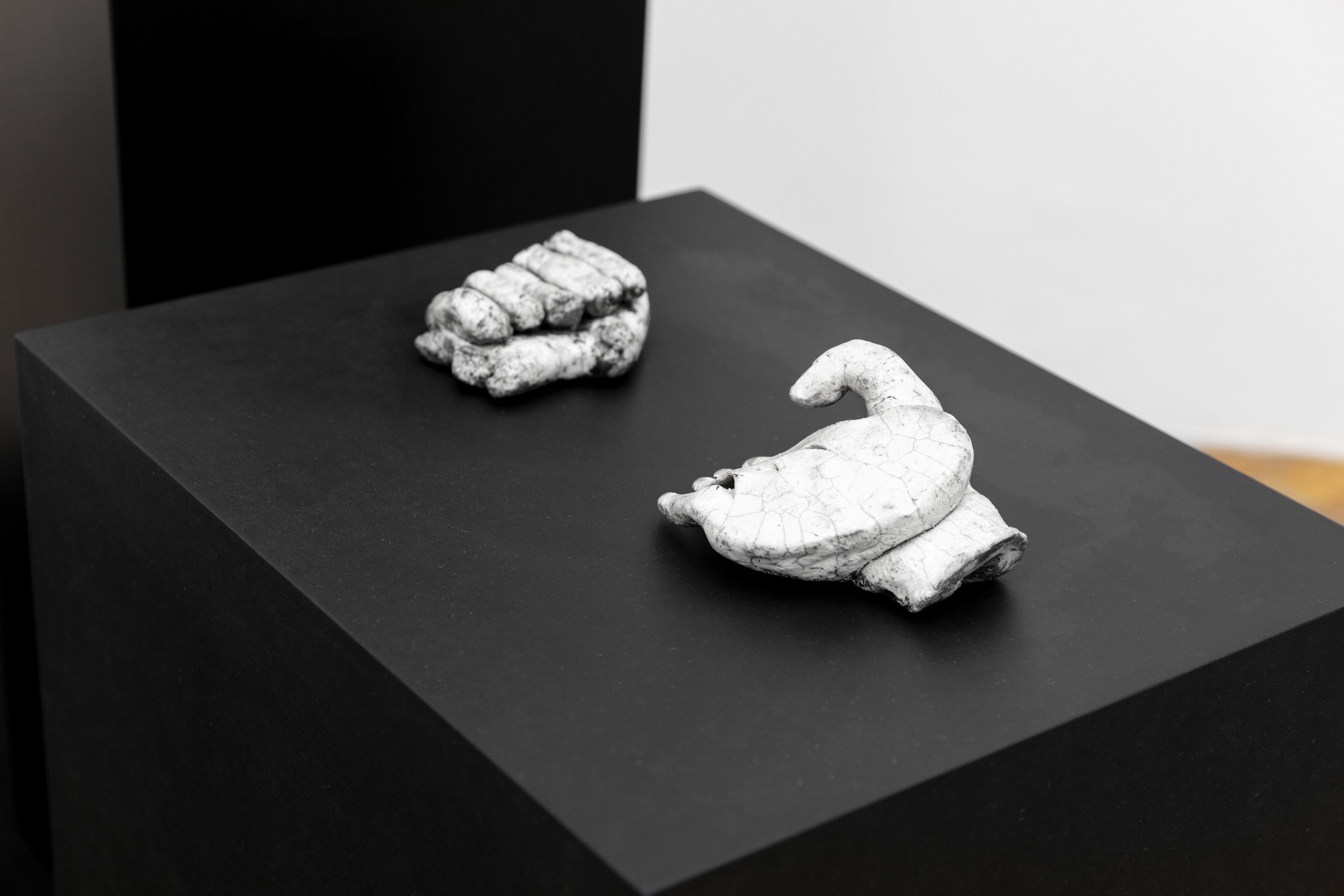
Veronika Hilger, Perpetual Dawn, 2023, installation view at Sperling, Munich
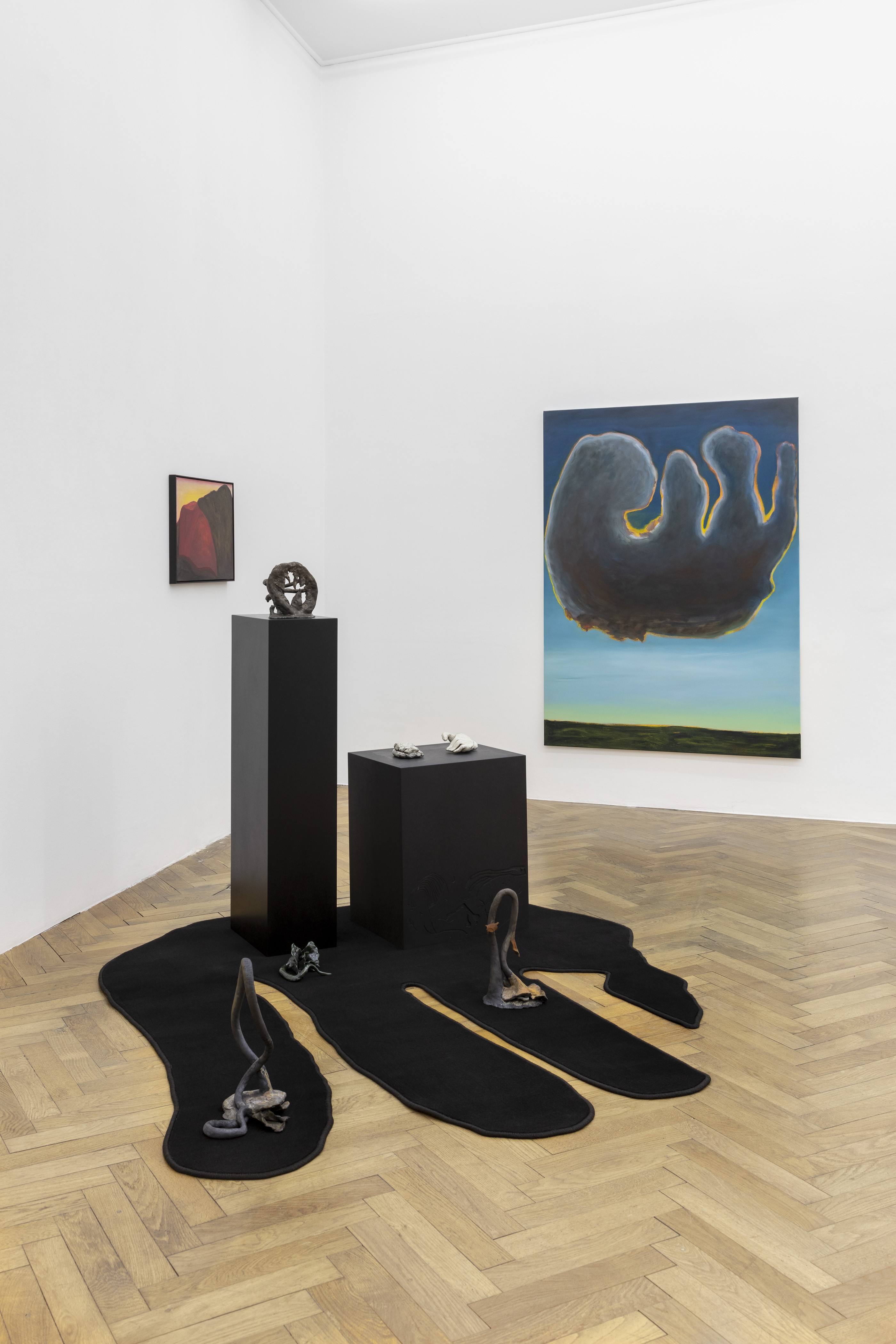
Veronika Hilger, Perpetual Dawn, 2023, installation view at Sperling, Munich
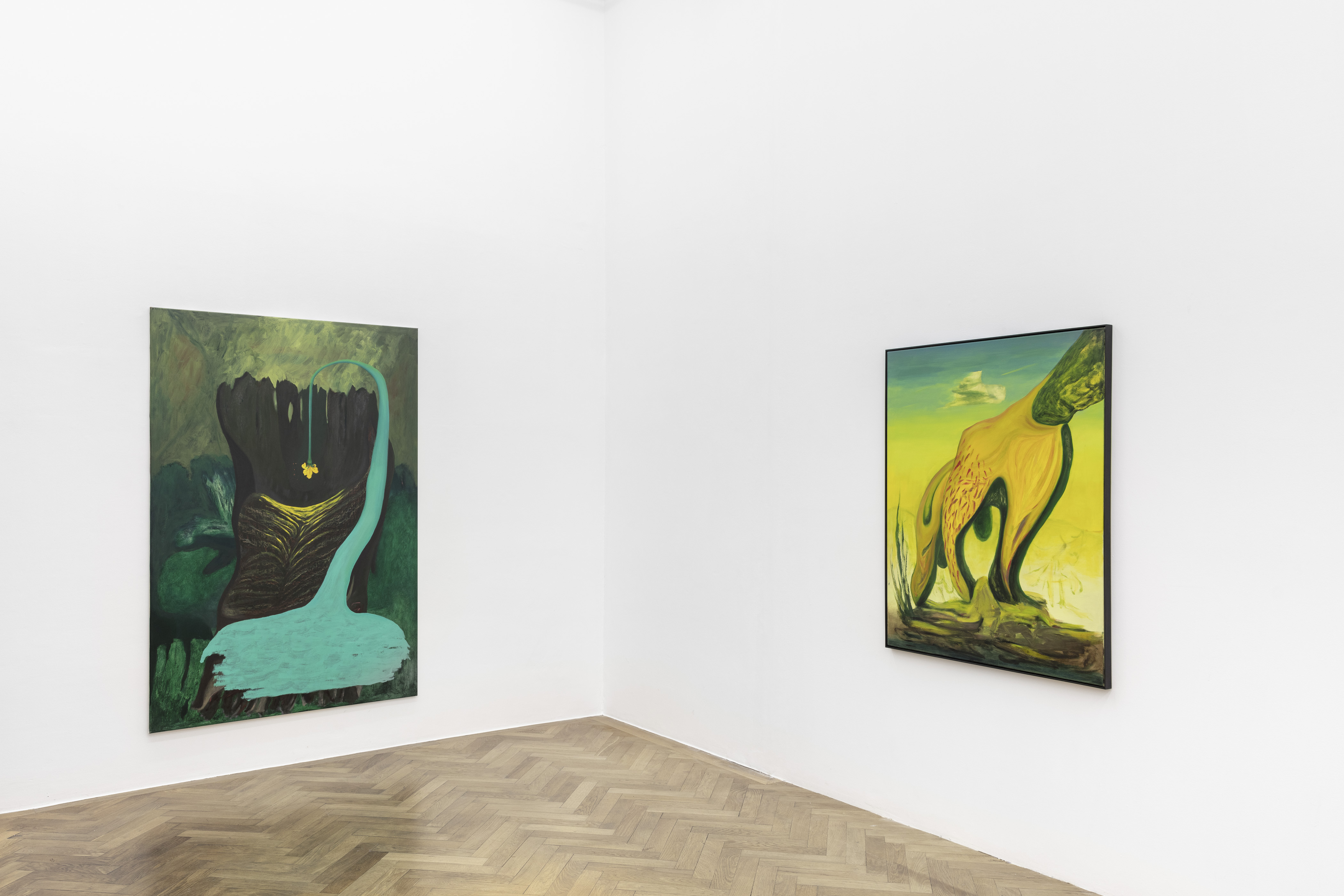
Veronika Hilger, Perpetual Dawn, 2023, installation view at Sperling, Munich
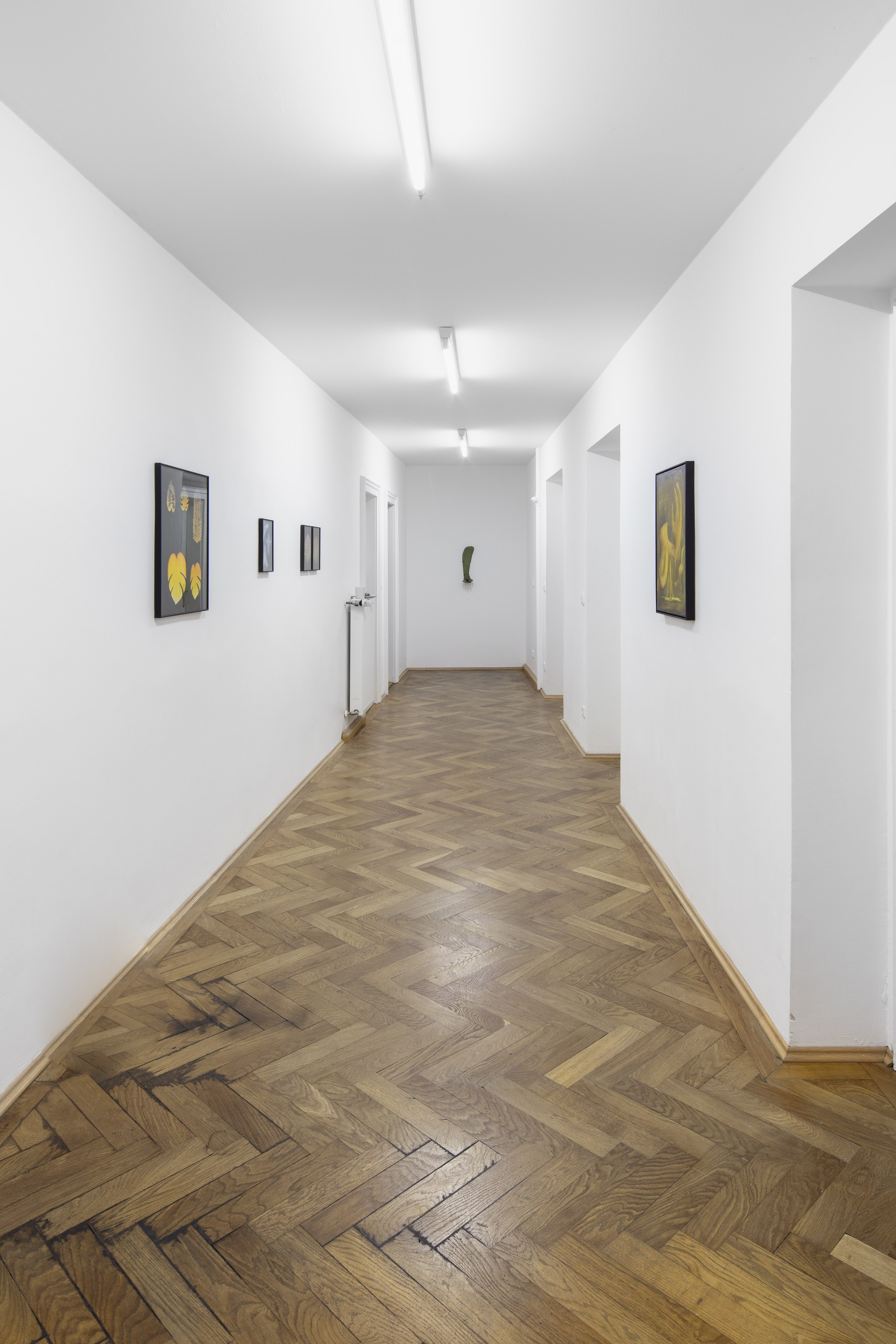
Veronika Hilger, Perpetual Dawn, 2023, installation view at Sperling, Munich
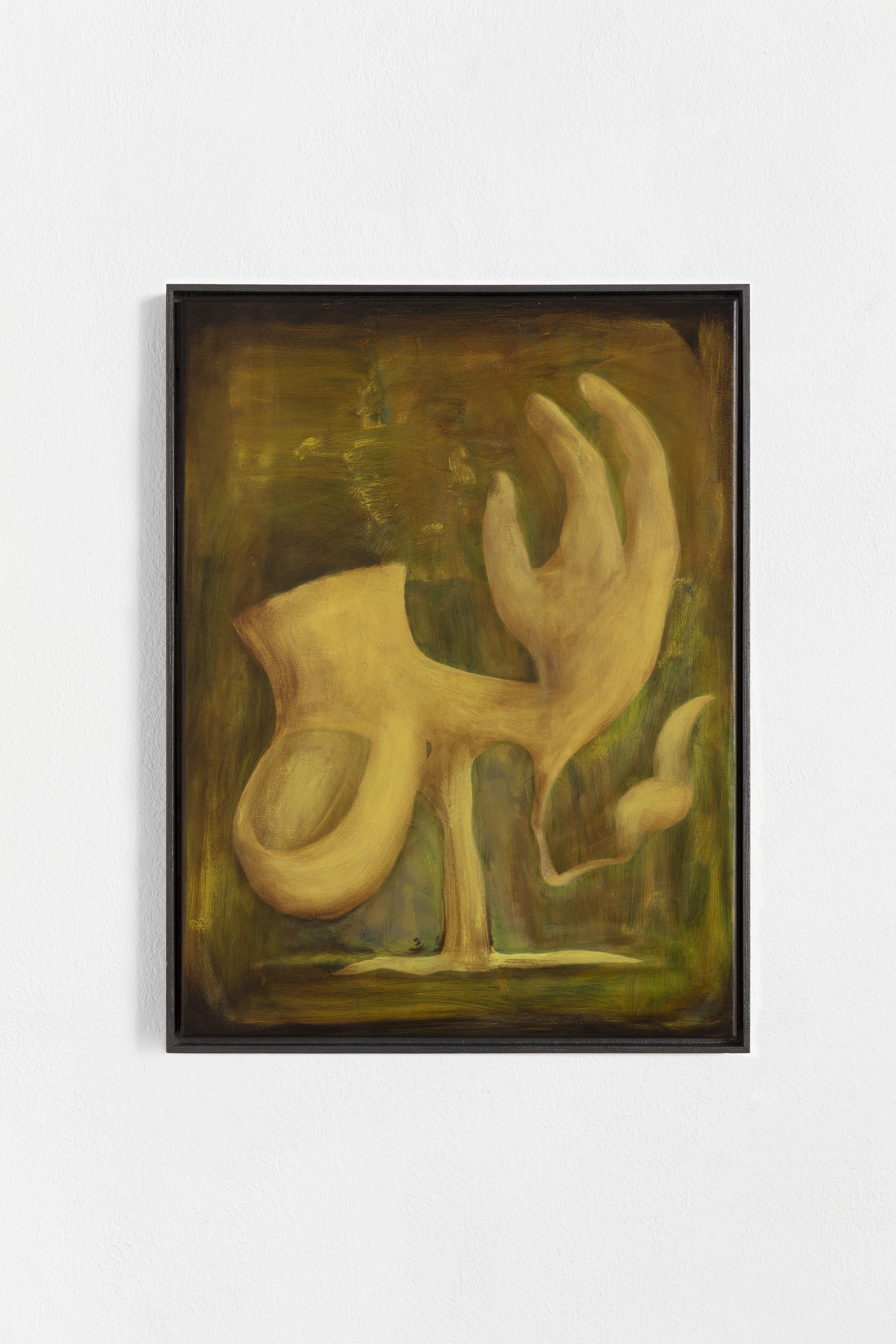
Veronika Hilger, Untitled, 2023, oil on canvas in wooden frame, 60 × 45 cm, VH/M 169
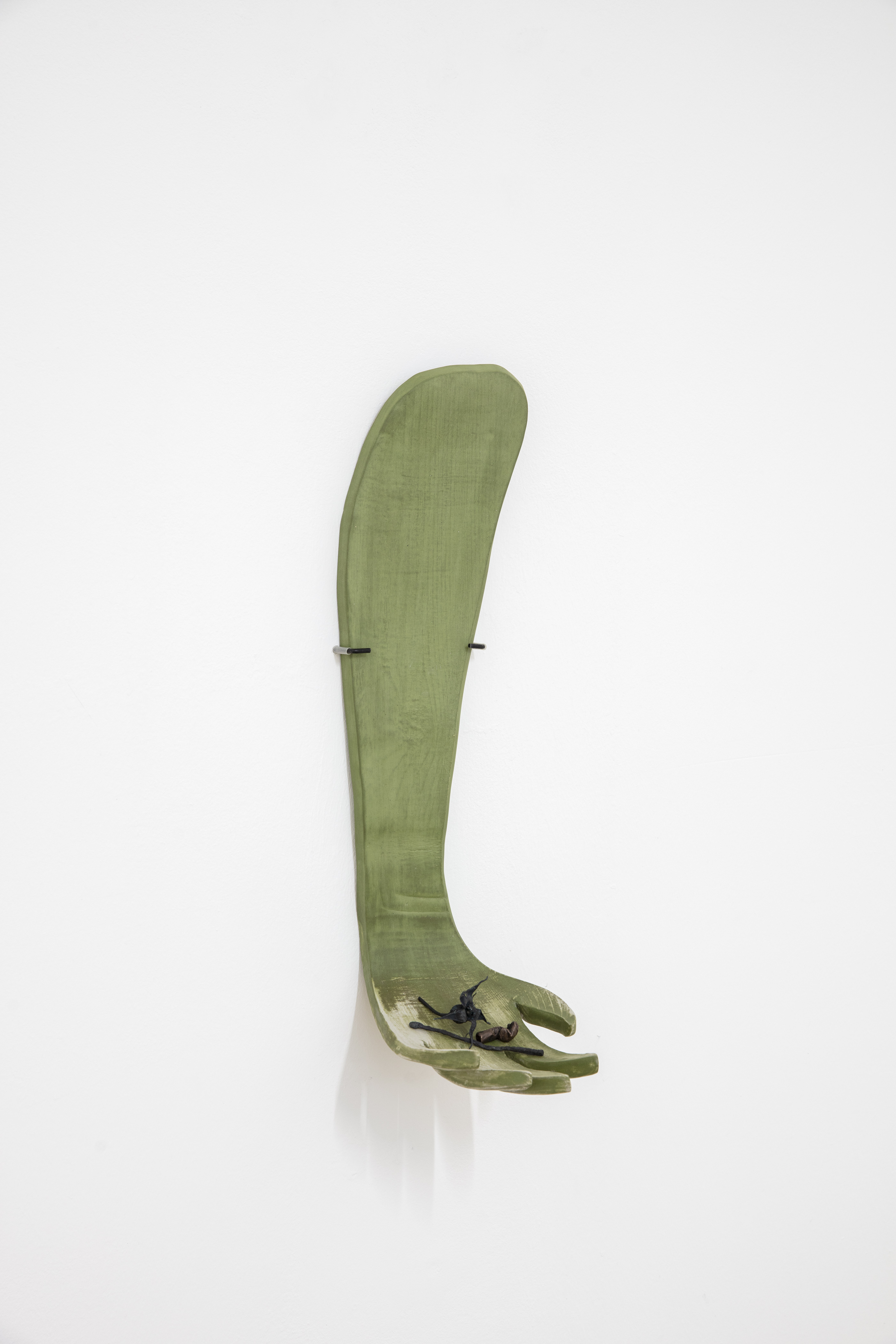
Veronika Hilger, Untitled, 2023, ceramics, engobe, rosebud, match, cigarette butt (copper plated, galvanised), 47 × 19.5 × 13.5 cm
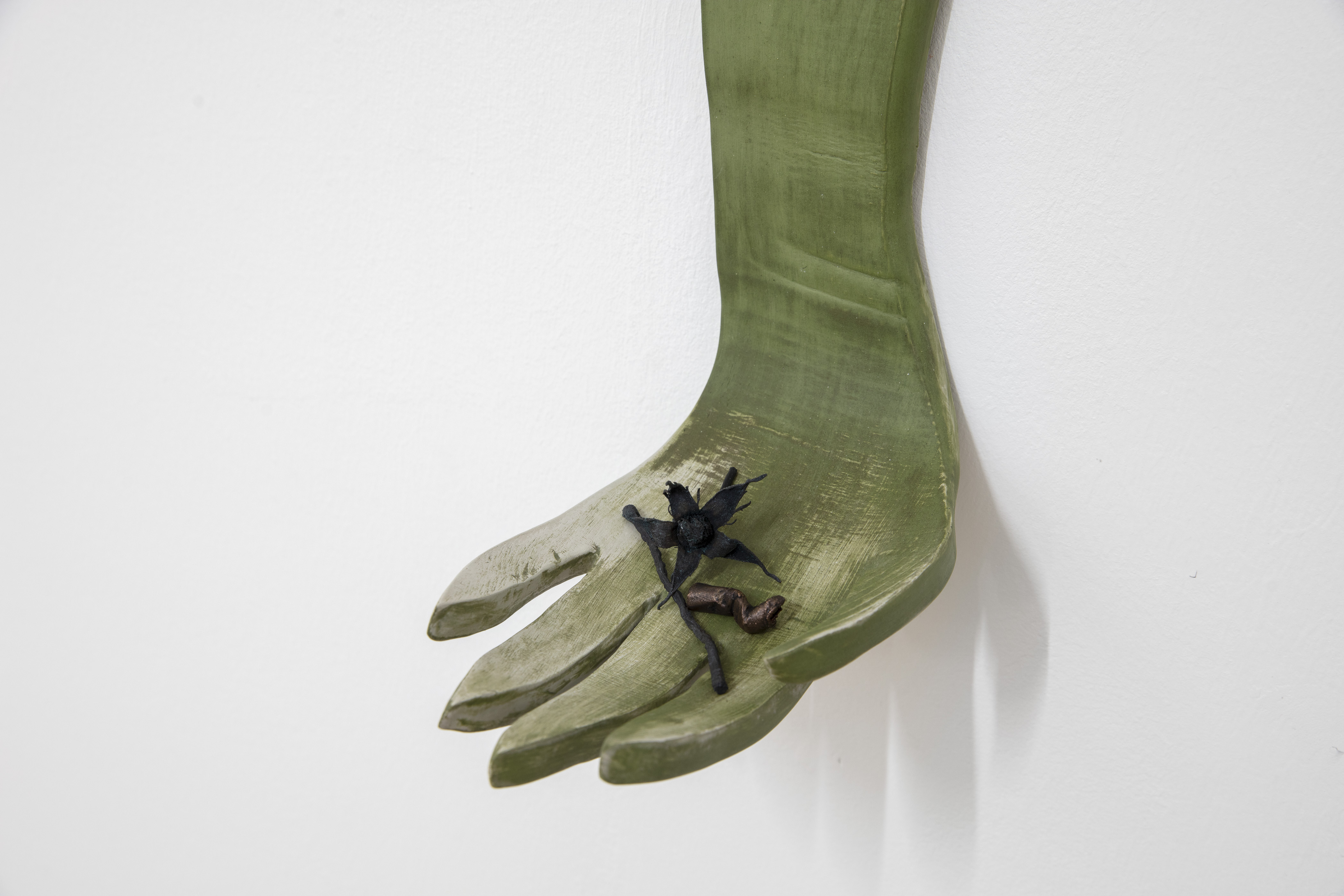
Veronika Hilger, Untitled, 2023, ceramics, engobe, rosebud, match, cigarette butt (copper plated, galvanised), 47 × 19.5 × 13.5 cm
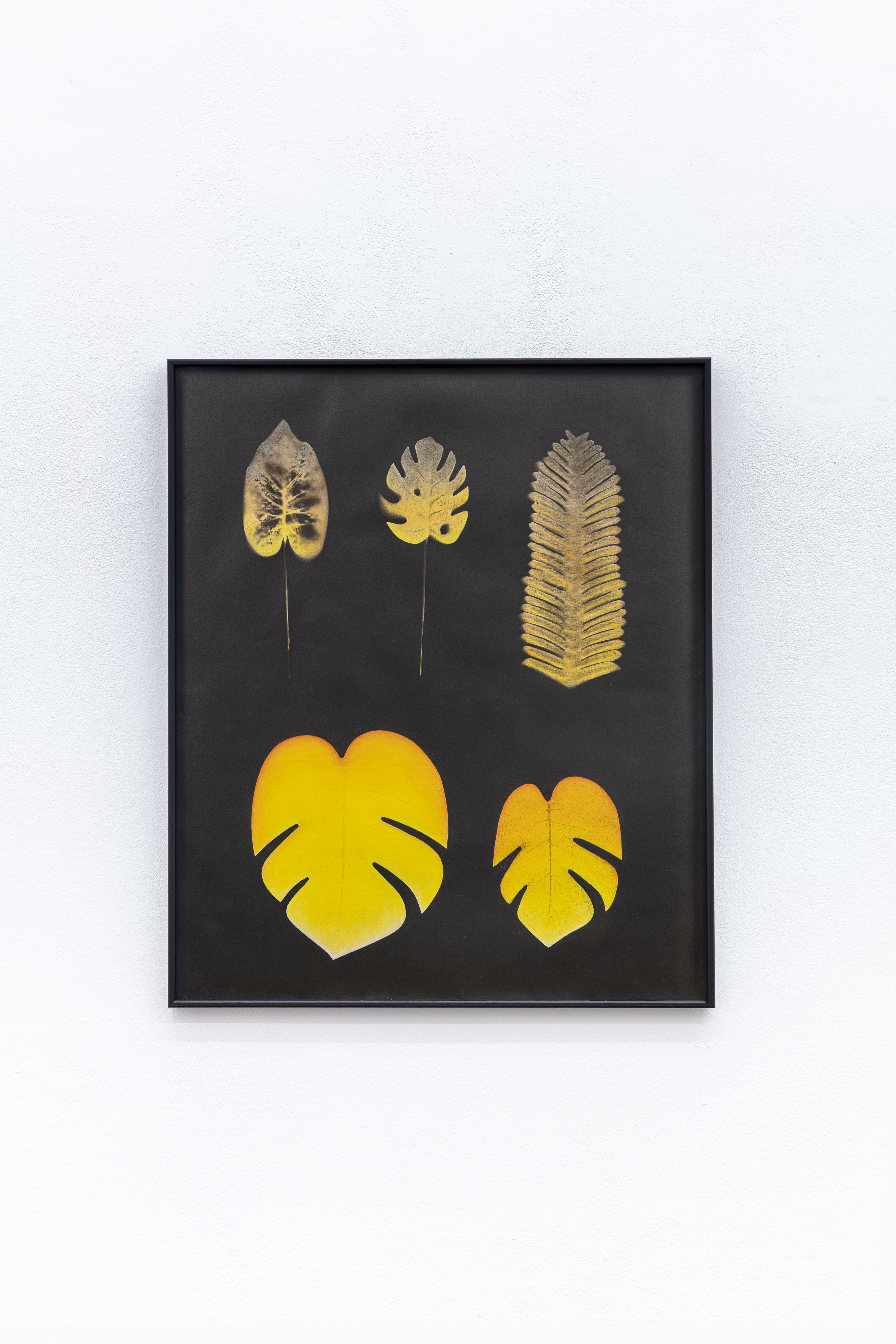
Veronika Hilger, Untitled, 2023, cyanotype, pastel chalk, 56 × 47 cm, VH/P 129
Perpetual Dawn can be experienced and imagined. It occurs in the white nights near the polar circles in summer, it can be associated with a feeling of standstill, of an intermediate realm, of time suspended. Somnambulists can experience this feeling at other times of the year, a feeling of not being awake and not being able to sleep. The time of dawn can also exert pressure and shorten the time. Sometimes we feel it as a surreal and ambivalent state between threat and hope or between the fear of the morning that brings the inevitable and the joyful expectation that this transitory state is over and everything will be fine again.
Perpetual Dawn is Veronika Hilger’s fifth exhibition at Sperling. There is an imbalance of opposing forces in her works, which can be contemplative and spontaneous, melancholic and exhilarating, abstract and physical at the same time. As a painter, she has always remained committed to oil painting. Few media are created for perpetual work like this one: Oil paints take very long to dry completely, and in that time they allow not only additions but also subtractions; changes and alterations while at the same time inscribing the various layers of paint. Hilger herself emphasizes that both processes – adding and subtracting – are equally important to her.
Veronika Hilger mainly works at night, from nightfall until dawn. She paints on many different canvases at the same time and always returns to ones that she may have started months or years ago. This process also emphasizes the special temporality in her work. In recent months, she has begun experimenting with cyanotypes: Light pictures as a homage to the sun, even if some of them are made after midnight and under electric lamps.
On a thematic level, Hilger explores profound social and psychological themes through her utilization of various genres, such as landscape painting, portraiture, and the figurative, symbolic, and abstract elements within them. Through the interplay and tensions between these forms and elements, her paintings offer windows into emotional and psychological states that transcend mere representation of the seen world. Ingeborg Bachmann once explained in an interview that the old poems are made from the old word material, the new ones from old and new. She therefore could not and did not want to be compared with other eras.[1] Romantik today is dysmorphic. Those who would like to look at Veronika Hilger’s paintings as having roots in Romanticism will encounter unsettling elements that are entirely situated in our current world, given our contemporary experience and knowledge of pseudo-psychoanalytic motifs. However, interpreting her artwork at all feels to be a transgression. It is preferable to approach her works synaesthetically, comparing and contrasting them with other sensory stimuli like music, movies, or odors.
In addition to the works on canvas, the exhibition is populated by ceramics that seem even more rooted in the figurative world than the paintings. They also evoke the aforementioned genres of painting: Crooked bones, sad flowers, hands deformed by inability to act or frozen in the gesture of pointing. They could have escaped from a vanitas still life and speak of a morbid world.
[1] Barbara Kaufmann: Das Verhör der Ingeborg Bachmann, SWR2 Essay, 15.10.2023, min 50 ff. https://www.swr.de/swr2/doku-und-feature/das-verhoer-der-ingeborg-bachmann-swr2-essay-2023-10-15-100.html




